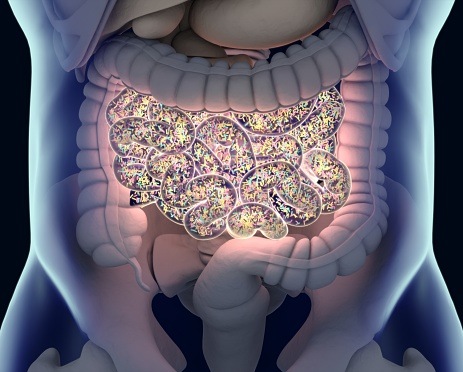
Bristol Myers Squibb announced that its phase 3 CheckMate 8HW trial evaluating nivolumab (Opdivo) in combination with ipilimumab (Yervoy) compared with chemotherapy in microsatellite instability-high (MSI-H) or mismatch repair deficient (dMMR) metastatic colorectal cancer (mCRC) has met its primary end point.
The combination reportedly demonstrates statistically significant and clinically meaningful improvement in progression-free survival (PFS) compared with investigator’s choice of chemotherapy in this population. To date, this is the only dual immunotherapy regimen to show significant efficacy benefit compared with chemotherapy as a first-line treatment in MSI-H/dMMR metastatic disease.
The safety profile for the combination remains consistent with previously reported data and was manageable with established protocols, with no new safety signals identified, researchers reported.
“The benefits of Opdivo plus Yervoy in MSI-H/dMMR mCRC were established previously in CheckMate 142, in which the dual immunotherapy combination demonstrated strong and durable antitumor activity among patients who had progressed after prior fluoropyrimidine-based combination chemotherapy,” said Dana Walker, MD, MSCE, vice president and global program lead of gastrointestinal and genitourinary cancers at Bristol Myers Squibb, in a press release. “Now, with these positive results from CheckMate 8HW, we have randomized data showing Opdivo plus Yervoy significantly improved PFS in the first-line setting for patients with MSI-H/dMMR metastatic colorectal cancer.”
CheckMate 8HW is also assessing PFS for nivolumab plus ipilimumab compared with nivolumab alone across all lines of therapy for patients with MSI-H/dMMR mCRC, as well as secondary end points, including safety and overall survival.







 © 2025 Mashup Media, LLC, a Formedics Property. All Rights Reserved.
© 2025 Mashup Media, LLC, a Formedics Property. All Rights Reserved.